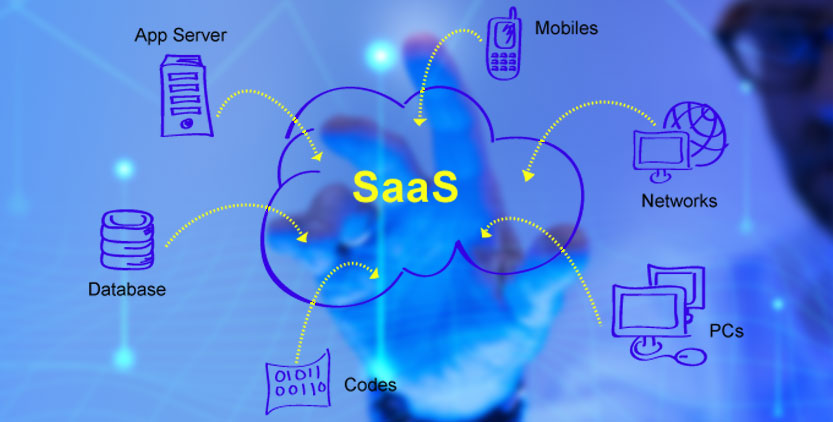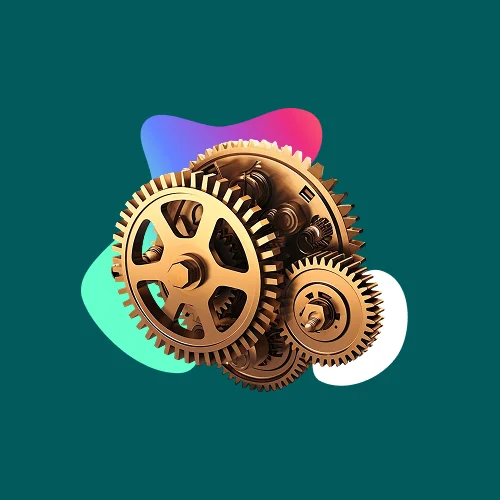
The benefits of using web-based applications for modern businesses
In an increasingly connected and digital-first world, web-based applications are becoming essential tools for businesses seeking scalability, flexibility, and streamlined operations. Compared to traditional desktop software, custom web applications offer a more powerful, accessible, and cost-efficient solution that aligns with the pace of modern digital transformation.
From improving remote accessibility to supporting seamless integration with other business systems, the shift to cloud-based web apps is not just a trend, it’s a strategic upgrade. In this article, we’ll break down the core benefits of using web-based applications, and how they outperform desktop alternatives.
What are web-based applications?
Web-based applications (or web apps) are software programs that run in a web browser. Instead of installing software on individual devices, users can access the application via the internet using a secure URL. This structure is often built on cloud infrastructure, allowing for real-time updates, cross-device usage, and centralised data storage.
Web apps are commonly developed using frameworks like React, Angular, and Vue.js on the front end and Node.js, .NET, or Python on the back end, providing a dynamic, scalable, and secure digital environment for business operations.
Benefits of using web-based applications
Web-based applications make it easier for teams to work from anywhere, scale faster, and stay secure. They reduce IT overhead, support flexible working, and integrate smoothly with other tools.
Below are some key benefits businesses gain by using web apps.
1. Universal accessibility across devices
A key advantage of web-based applications is their cross-platform compatibility. Whether users are on a laptop, smartphone, or tablet, they can access the application through any modern browser, ensuring consistent performance across operating systems.
-
No installation required
-
Real-time updates across users
-
Facilitates remote working and mobile workforce enablement
For distributed teams or hybrid work models, this level of accessibility is a game-changer.
2. Seamless integration with other tools
Web apps are designed to integrate seamlessly with CRMs, ERPs, analytics platforms, and third-party services via APIs. This makes them an ideal choice for businesses aiming to automate workflows, eliminate data silos, and drive operational efficiency.
Compared to desktop apps, which often operate in isolation, web-based solutions offer far greater interoperability and alignment with enterprise ecosystems.
3. Scalable, cloud-native architecture
Cloud-based web applications grow with your business. Whether you need to onboard more users, expand features, or increase storage, scalability is built into the architecture. This flexibility ensures that performance doesn’t degrade as you scale.
It also enables businesses to adopt microservices or container-based architectures for greater modularity and efficiency.
4. Centralised Maintenance and Updates
No more manual installations or version mismatches. With web apps, updates are handled centrally on the server, meaning every user benefits from the latest version instantly. This reduces IT overhead and ensures consistency across departments.
Additionally, security patches and performance enhancements can be deployed without disrupting business operations.
5. Enhanced Data Security and Backup
By storing data in the cloud instead of on local machines, web applications reduce the risk of data loss and unauthorised access. Most solutions are hosted on secure servers with SSL encryption, role-based access control, and real-time backup systems.
It also simplifies compliance with data protection regulations like GDPR, HIPAA, and ISO 27001.
6. Customisable and User-Centric Interfaces
Unlike off-the-shelf desktop software, custom web applications are tailored to your exact workflows and user needs. You can:
-
Optimise the UI/UX for different screen sizes
-
Build responsive, mobile-first interfaces
-
Personalise dashboards based on user roles
This translates to higher user adoption and productivity across teams.
7. Cost-Efficiency and Future-Proofing
With lower upfront hardware costs, reduced IT support needs, and flexible pricing models (subscription or pay-as-you-go), web apps offer a better total cost of ownership (TCO).
They’re also future-ready, easy to integrate with AI capabilities, IoT systems, or analytics platforms as your digital maturity evolves.
Advantages of web applications over desktop applications
| Feature/Capability | Web Applications (SaaS) | Desktop Applications |
|---|---|---|
| Accessibility | Accessible from any device with internet and browser | Requires installation on each device |
| Device Compatibility | Works across OS (Windows, macOS, Linux, iOS, Android) | Often OS-specific; limited cross-platform support |
| Scalability | Easily scalable via cloud infrastructure | Scaling requires hardware and manual installs |
| Maintenance & Updates | Updates rolled out centrally and instantly | Manual updates needed per device |
| Integration | Seamless API integration with other tools and platforms | Limited and often complex integrations |
| Security | Centralised control, encrypted access, disaster recovery options | Device-level security risks and patch management |
| User Experience | Responsive, mobile-first design and role-based access | Often rigid UI, not optimised for modern workflows |
| Deployment Time | Faster deployment and go-to-market | Slower to install and configure across devices |
| Data Backup | Cloud backup and redundancy enabled | Risk of data loss if not manually backed up |
| Cost Efficiency | Lower IT support and infrastructure cost | Higher total cost of ownership (TCO) |
Should you transition your desktop software?
Yes, most legacy desktop applications can be rebuilt as modern progressive web apps (PWAs) or custom web portals. This allows you to retain the core functionality while unlocking all the benefits listed above.
Geeks has helped businesses across construction, healthcare, logistics, government, and education successfully modernise legacy tools into scalable web applications. See how we’ve done it in our case studies.
Start your custom web app journey with Geeks
At Geeks, we build bespoke web application solutions that align with your business objectives, user needs, and long-term digital vision. Whether you need a client portal, internal operations system, or SaaS product, we can design, develop, and support your entire web application lifecycle.
Let’s turn your vision into a powerful, browser-based system built for growth.










